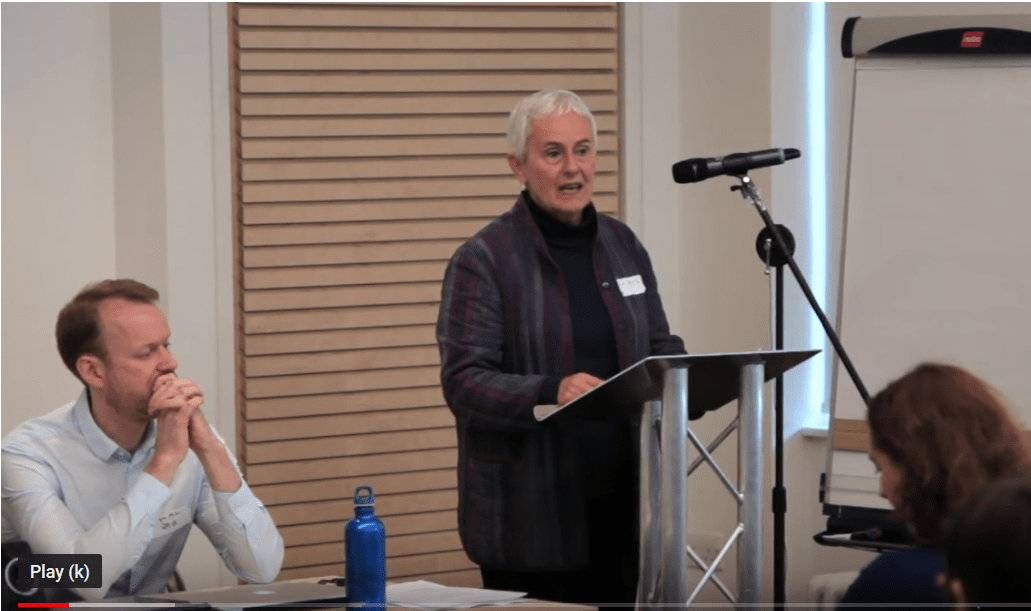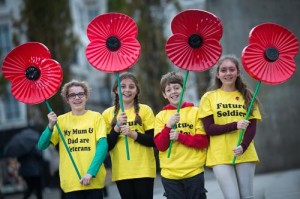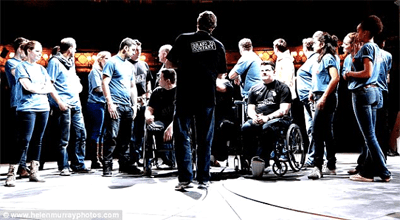Questioning military academies and free schools
This article was originally published on the Anti Academies Alliance website
This article explains what we mean by ‘military academies’ and ‘military free schools’, and explores the concerns that they raise: the lack of evidence that they will raise attainment; that they can employ unqualified teachers; their limited accountability to the local community; the fact that they can set their own curriculum. Crucially, there are various agendas behind military academies and free schools, including providing employment for the growing number of veterans, and encouraging pupils to join the armed forces after they leave school. There is also unease about what military-style discipline would look like in a school environment.
The terms ‘Military Academies’ and ‘Military Free Schools’ have been bandied about since at least January 2012, but there is a lack of clarity as to what they actually mean. This article explains what military academies / free schools are (as well as what they could be), and explores the concerns that they raise: the lack of evidence that they will raise attainment; that they can employ unqualified teachers; their limited accountability to the local community (both during and after the consultation process); and the fact that they can set their own curriculum.… Read more



